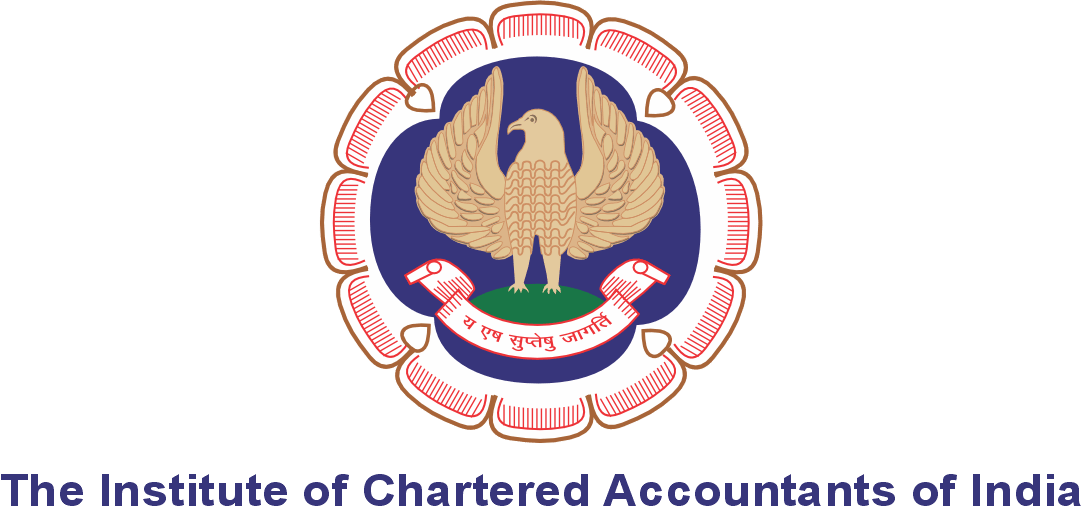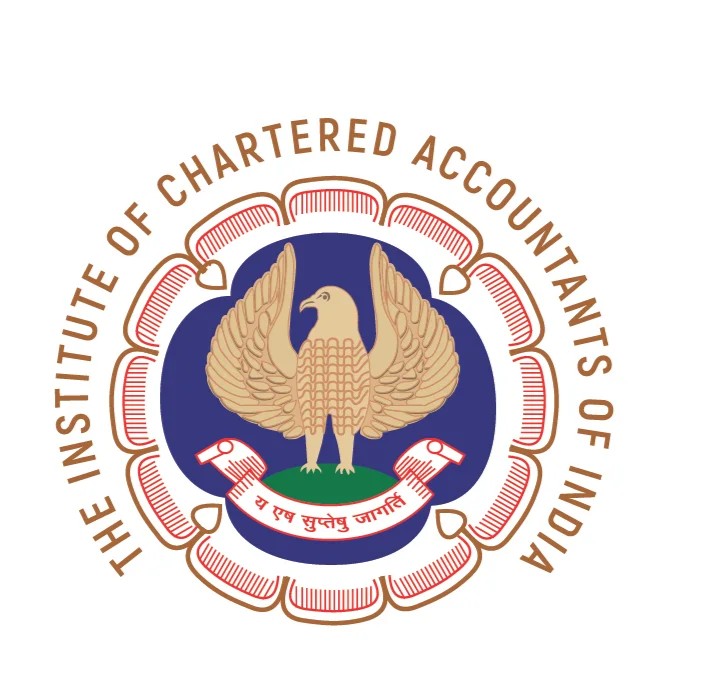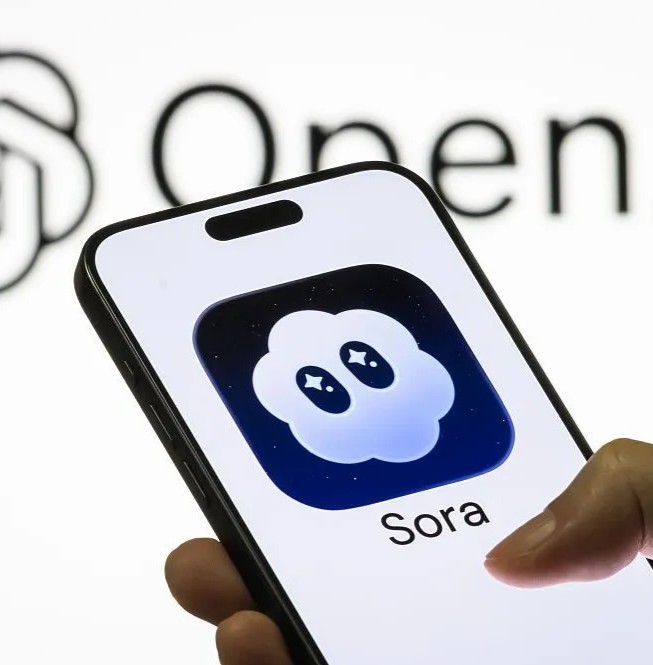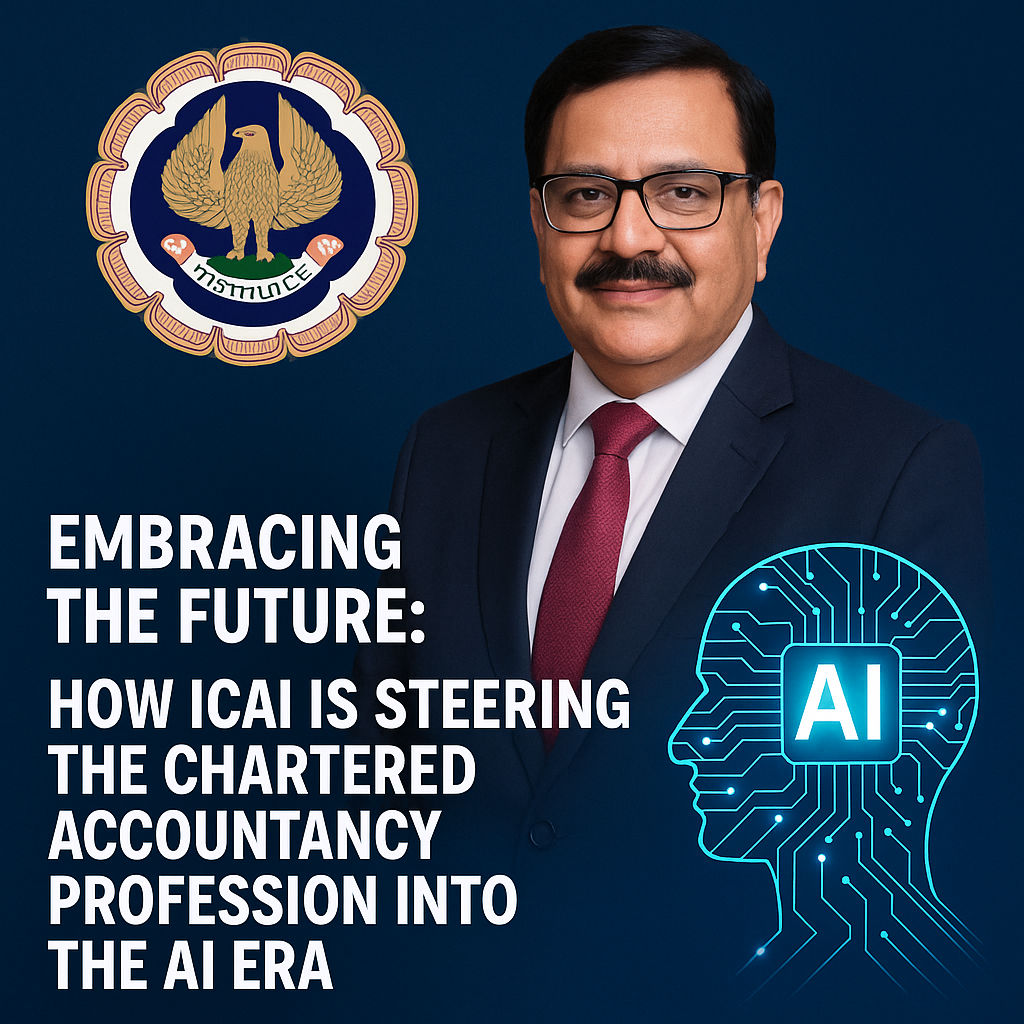1. The High Stakes: India’s Billions in Fraud Losses
Financial fraud remains one of the gravest risks to India’s economic stability. At a recent ICAI media symposium held in Goa, officials underscored that India loses roughly ₹28,000 to ₹30,000 crore annually to fraud across sectors.
Fraud today is evolving in sophistication: AI-enabled scams, deepfakes, synthetic identity fraud, and algorithmic manipulation are fast becoming the tools of choice for fraudsters. A recent report found over 52% of Indian firms experienced an increase in losses from AI-powered fraud in the past year.
Against this backdrop, ICAI’s pivot toward tech, data analytics, and forensic AI isn’t just timely—it may well be imperative.
2. AI in ICAI: Laying the Technological Foundation
ICAI has already begun embedding AI into its functions, initiatives, and member services. The Institute is actively collaborating with the Ministry of Electronics & IT (MeitY) to develop AI-powered audit tools meant to enhance compliance, flag anomalies, and support decision-making in firms and organizations.
Other key technological undertakings include:
- ICAI CA GPT: Launched for both students and members, this AI platform aims to consolidate study resources, provide interactive assistance, and guide learners with AI support.
- Certificate Courses & Training Modules: ICAI has rolled out foundational AI certification programs and continuing education initiatives to help members build AI literacy.
- 100 AI Tools Publication: A compendium of AI tools tailored for financial, audit, and accounting functions, designed to help professionals adopt the right tech in practice.
- Ethics & Privacy Focus: Recognizing that AI adoption brings increased responsibility, ICAI is actively publishing literature on AI ethics, privacy, and integrity. The institute promotes global standards of responsible AI deployment in accounting.
Through these measures, ICAI seeks to make its members “AI ready” — not merely users of technology, but proficient stewards of it.
3. Revamping the CA Curriculum: AI as a Strategic Option
One of the most far-reaching changes on ICAI’s horizon is the planned integration of AI into CA education itself. By 2026, ICAI intends to introduce optional AI modules into its syllabus framework. Students who wish to delve deeper can opt-in, gaining access to in-depth study of AI, data science, and forensic analytics. Key points:
- The AI track is not mandatory, but optional — allowing specialization for interested students.
- Foundational AI / data analytics concepts may be embedded into core subjects over time.
- The curriculum design emphasizes hands-on applications, case studies, and real-world anti-fraud techniques—rather than just theory.
By contextualizing AI within accounting, auditing, and assurance practices, ICAI aims to create a future generation of chartered accountants fluent in both finance and algorithms.
4. Forensic Intelligence & Fraud Detection Innovation
As fraud tactics grow more complex, conventional audit techniques fall short. ICAI’s focus is shifting toward forensic intelligence, anomaly detection, and AI-augmented analysis. Some cutting-edge methods being explored:
- Benford Subset Divergence Analysis (BSDA): A modern upgrade to Benford’s law, applying AI to detect anomalies across transactional subsets.
- Multimodal AI Techniques: Integrating data from multiple formats—text, images, audio, contract documents—to trace financial irregularities across domains.
In doing so, ICAI hopes to empower CAs and forensic auditors to detect fraud patterns that would otherwise remain invisible in large, unstructured data sets.
5. Ethical Guardrails in the Age of AI
Technology alone is not a panacea. Ethics, accountability, and professional judgment must accompany every algorithmic tool. ICAI underscores this by:
- Hosting Global Ethics Days, themed around AI and digital integrity. In one such event, India TV Chairman Rajat Sharma delivered a powerful keynote warning how AI is being used to fabricate fake videos and manipulate public perception—a wake-up call for the CA community.
- Emphasizing that only CAs, with their deep understanding of finance, regulatory norms, and ethical obligations, can interpret AI outputs responsibly—spotting false positives, calibrating risk, and making human judgments.
By combining technical mastery with moral vigilance, ICAI aims to position chartered accountants as the frontline defenders of financial integrity.
6. Collaboration & Wider Ecosystem Engagement
No single body can tackle fraud alone. ICAI is actively engaging with:
- Law enforcement & investigative agencies, to facilitate joint AI-based fraud detection frameworks.
- Governmental bodies, such as MeitY, for data sharing and developing sovereign AI models. In fact, ICAI is in talks to provide financial and economic data inputs for India’s sovereign AI efforts.
- Startups, academia, and AI R&D groups, encouraging innovation in audit, compliance, fraud analytics, and explainable AI.
- Industry participants & corporates, in promoting AI literacy, fraud awareness, and cooperative anchor institutions for fraud data sharing.
Together, this collective ecosystem approach is expected to sharpen fraud early-warning systems and strengthen systemic resilience.
7. The Road Ahead & Challenges
While the roadmap is promising, ICAI and the CA profession face challenges:
- Scalability: Embedding AI education across thousands of students and professionals is logistically complex.
- Data Quality & Access: AI models require clean, high-quality datasets; obtaining and standardizing them from diverse entities is nontrivial.
- Interpretability & Trust: Users must trust AI outputs; so explainable AI, auditing of algorithms, and human oversight are crucial.
- Regulation & Compliance: As AI regulation evolves globally, CAs must navigate privacy laws, algorithmic accountability, and liability issues.
Nevertheless, the potential upside is immense: some estimates suggest ICAI’s AI interventions could reduce fraud losses by up to 25% in coming years.
Conclusion
As India confronts escalating financial frauds, ICAI is stepping forward with a visionary, tech-forward agenda. By weaving AI, forensic analytics, ethical frameworks, and curricular reform into the CA ecosystem, the Institute is charting new frontiers in financial integrity. The journey may be demanding, but with chartered accountants reimagined as guardians of trust in a data-rich age, India’s financial architecture could become far more resilient, transparent, and secure.
Source:icaiGPT







